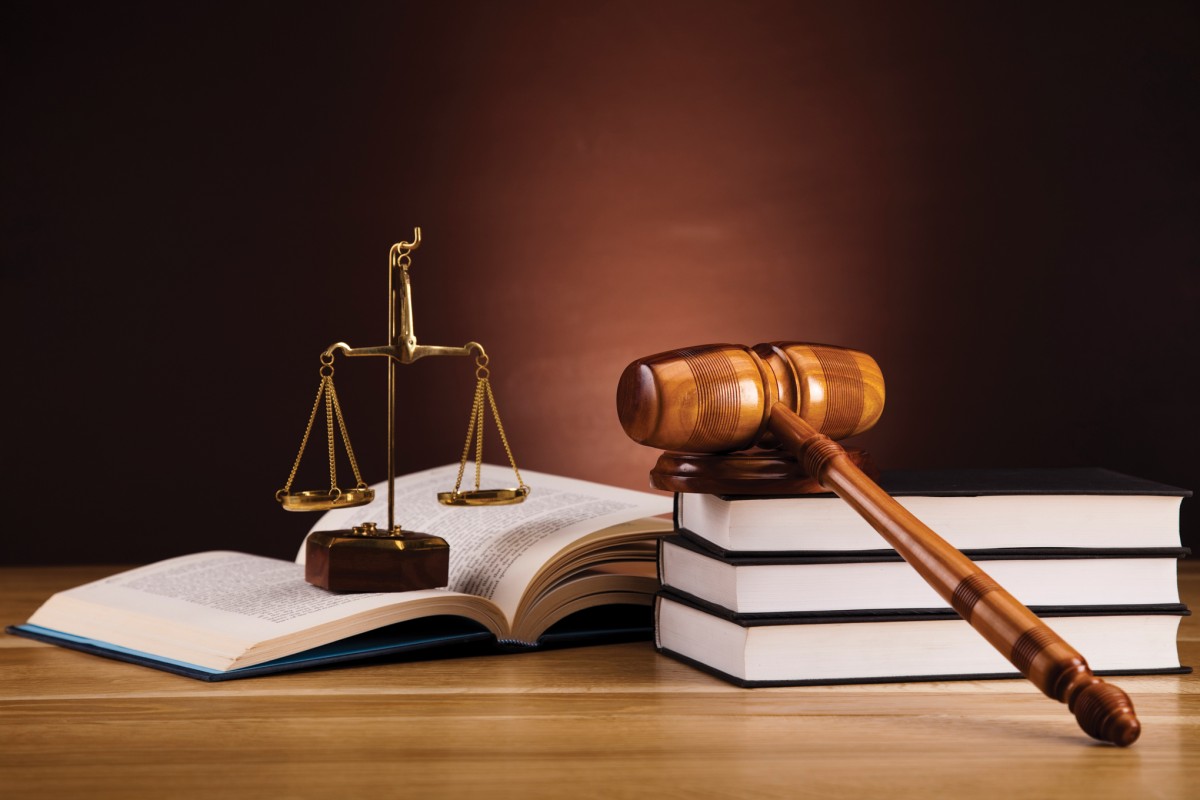CHARLESTON — Monday will be like no other in West Virginia’s political history.
The House of Delegates will consider articles of impeachment on each sitting member of the state Supreme Court.
The only justice who isn’t under consideration for impeachment is Menis Ketchum, spared because he submitted his resignation the day before the proceedings began.
The rest of the justices — Allen Loughry, Margaret Workman, Robin Davis and Beth Walker — are accused of crossing the line on a variety of items, including failure to hold each other accountable, signing off on skirting the law on payment of senior status judges and spending lavishly on office renovations.
“There’s a culture of entitlement and cavalier indifference and disregard for the expenditure of taxpayer money,” said House Judiciary Chairman John Shott, R-Mercer, whose committee hammered out the articles of impeachment after eight days of testimony.
West Virginia has been watching this controversy play out for almost a year now, kicked off by television news reports about the office renovation spending and continuing to federal charges filed against Loughry, accusing him of lying to investigators and obstructing justice.
When the proceedings begin at 10 this morning, legislative staff is preparing not only for the usual Statehouse press corps but also for the likely presence of national media.
Gov. Jim Justice had this kind of national attention on his mind when he commented last week, “It’s a black eye that we don’t need. I’m sure we’ll work our way through it.”
Working through it West Virginia’s Constitution says any officer of the state may be impeached for maladministration, corruption, incompetency, gross immorality, neglect of duty or any high crime or misdemeanor.
Impeachment is so rare that delegates had to work through some of those definitions and how the accusations against the justices might apply.
Delegates remain likely to express disagreement today about whether what some of the justices are accused of doing meets even the abstract standards for impeachment. For example, where’s the line on what expense of office remodeling constitutes maladministration?
“I hope we’ll stay until we get it done on Monday, no matter how long it takes,” Shott said.
The articles will be reported to the floor from the Judiciary Committee. They’ll be converted to a resolution, and someone will move to divide the question so each article can be individually debated, amended and voted on.
Procedurally, it’s likely that Shott and the Judiciary vice chairman, Roger Hanshaw, will take the lead on presenting the articles to the full House.
“Obviously, we haven’t done this before,” Shott said last week. “But I’m assuming we’ll be recognized to present the articles, and the vice chairman and I will probably make most of the presentation with counsel assisting us, answering questions as we go through the articles.
“There will be debate, opportunity to amend from the floor and then ultimately a vote.”
Senate trial
If delegates move forward with any or all of the 14 articles under consideration, the state would prepare for a trial in the Senate. The constitution requires a two-thirds vote of elected members to convict.
Those who handled impeachment in the House would present the case in the Senate.
“We’ll conform our presentation to whatever they come up with,” Shott said.
The Constitution says the chief justice — or another judge designated by the court — would preside over the trial.
That presents a difficult scenario since each of the remaining justices is under consideration for impeachment.
Last week, Chief Justice Workman named Cabell Circuit Judge Paul Farrell to fill in on the court during Lough-ry’s suspension.
The order she signed designates Farrell as the justice who would preside over a Senate trial, if necessary.
Walker didn’t like that appointment.
“I believe it is improper to designate any justice as Acting Chief Justice for the impeachment proceedings in which I or my colleagues may have an interest and that have not yet commenced in the Senate,” Walker wrote.
Davis then offered her own response, agreeing with Workman’s position. She said the chief justice is constitutionally charged with appointing a Justice to preside.
Delegate Barbara Fleischauer, of Monongalia County, the lead Democrat on the House Judiciary Committee, agreed that the Constitution sides with what Workman did.
“It’s not the governor, it’s not the Senate, it’s not what we think is fair — this is a very serious proceeding, and we need to follow the rules that are there,” Fleischauer said.
What’s next?
One twist to watch is whether anyone introduces a bill to propose a special election should any justices be impeached.
Such a bill could be considered if the Senate would convict any of the sitting justices.
The seat held by Ketchum will be on the November ballot. But it’s likely that Gov. Justice would name replacement justices for any of the openings — up to four — that could be created by the impeachment proceedings.
Shott said the delegates have been focused on the grounds for impeachment, rather than the possible appointments.
“I don’t think our job was to worry about what may happen next,” Shott said last week. “We’ll leave that up to the parties who are involved in making appointments.”
Fleischauer said the possibility of appointing most of the court puts too much power in Justice’s hands.
“I think people should wonder about a complete takeover — or coup — of the court,” Fleischauer said. “Do the people have faith that the people they elected are going to be all thrown out at once, that the whole third branch of government is going to be taken over by the Legislature?
“I think that gives us cause for questioning whether we should have faith. I think that is a very extreme action to throw out the entire court.”




